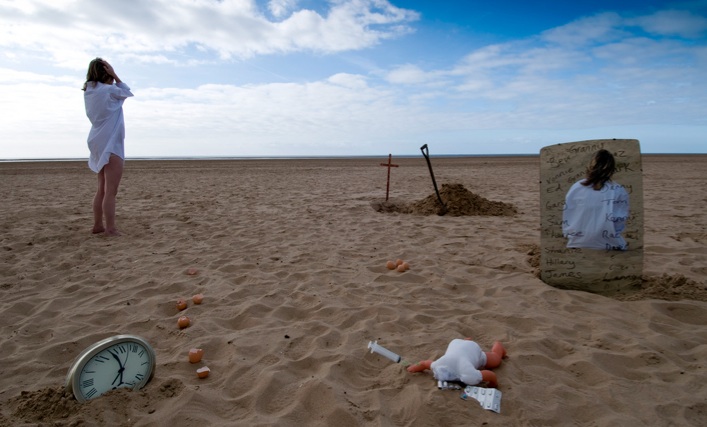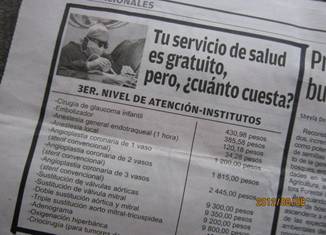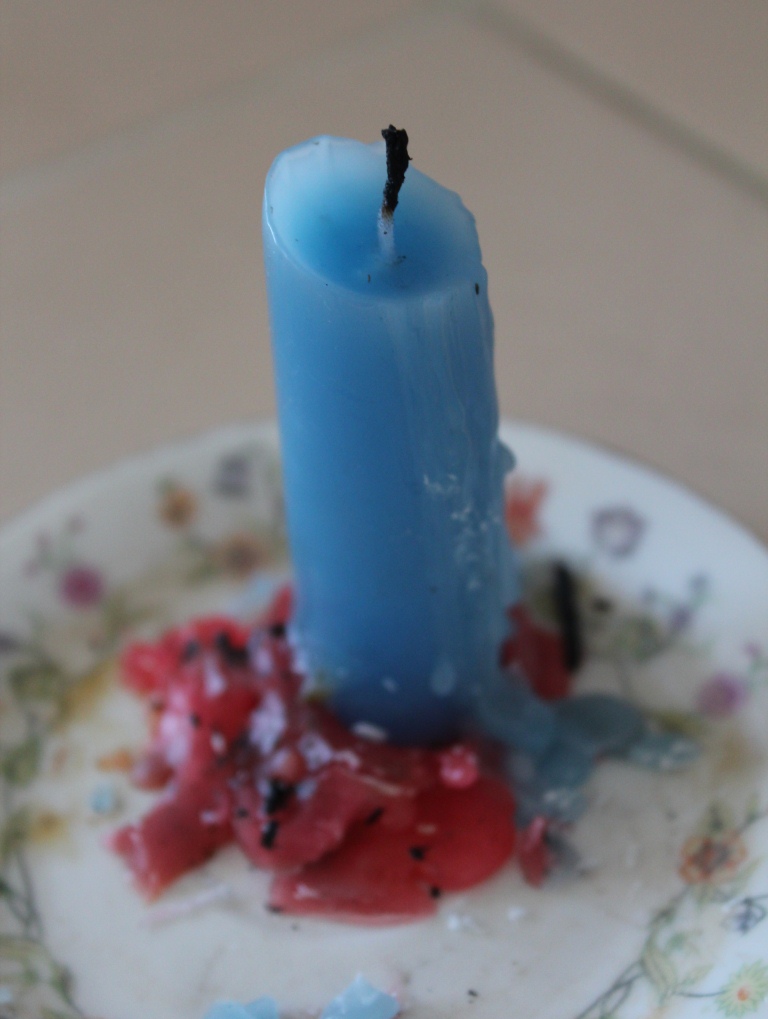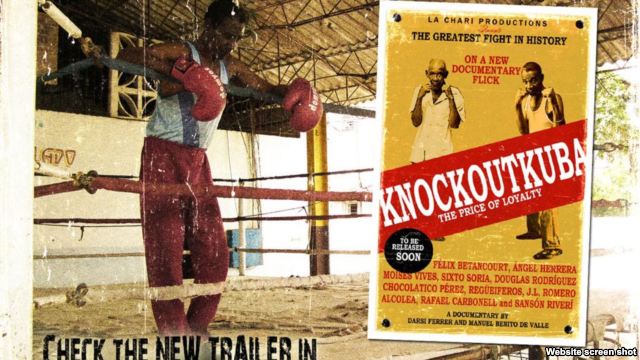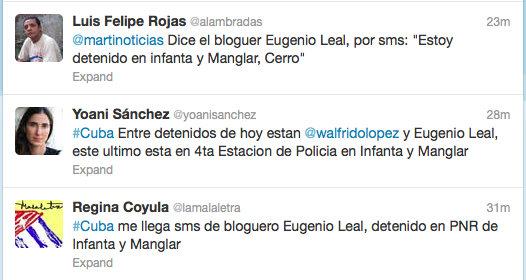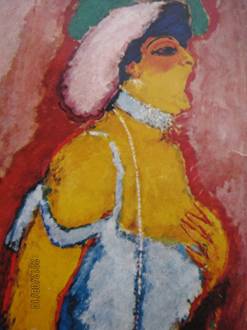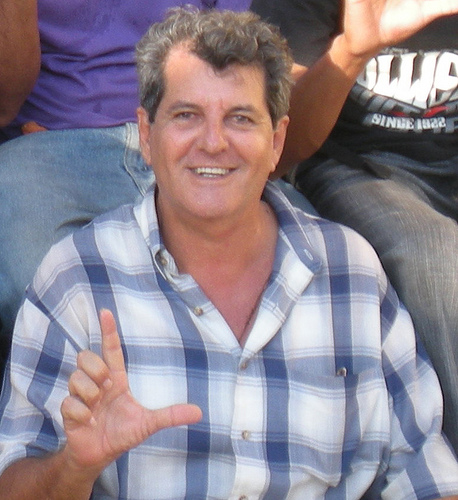
On the afternoon of Sunday, 22 July 2012, we were surprised by unexpected and terrible news: Oswaldo Payá Sardiñas, founder and leader of the Christian Liberation Movement (MCL), had tragically died near the city of Bayama, seeking the roots of our Cubanness to say goodbye to the land he loved so much and for which he fought so peacefully.
Today Oswaldo’s life appears more transparent and coherent than ever. Death is, for everyone, a summary, a transition, and a lesson.
His history is not yet written. But his accomplishments are. And it is not good to wait too long to put everything in its property place when there is, starting now, an example and legacy to gather, apprehend, and continue. I try, although still moved by the immediacy, to outline what this loss and this gain has meant to Cuba, its present and its future.
Loss, because each person is unique and irreplaceable. Gain, because nothing is lost and everything is gained and the depths of the earth when a good seed falls in the furrow of life, to bring forth more fruits.
I met Payá when he was young, almost a teenager, in one of the halls of the Cerro Parish, where Father Petit was then his pastor and mentor, in a meeting of the few young people who professed the Catholic faith in the hard years of the ’70s. Those were the days when we were discriminated against just for going to Church and declaring in our school records whether or not we were believers.
Oswaldo’s entire life, like that of so many Cuban men and women faithful to Christ and to Cuba, is a daily offering of civil martyrdom of all those who are treated as second class citizens, as “unreliables” for living in what became to be called “a fantastic reflection of reality” for having religious beliefs.
At that time, neither he nor I yet had our own and various projects for Cuba and its freedom and prosperity. But we trained in the bosom of a poor Church, persecuted, committed and faithful to the gospel of its Founder. We received, through the Church, that we must recognize and thank forever, an ethical, civic, religious, and very Cuban education, that followed the saga of Varela, Luz, Mendive, Marti and many others. That is the origin, the cause and the root of our lives and the soul of our Christian commitment. That is its deep motivation, its essence, inspiration, style, methods, criteria of judgment, determination of values, ways of thinking, examples of life.
Each who has lived in his way, as it should be, diverse in the Christian social commitment, but united in the bowels of the Gospel, the Church and Cuba. From this fraternal and daily fellowship where a life is over too quickly was forged, I give testimony to what I think is the legacy of Oswaldo to Cuba and his Church.
His person and his path
For all of Cuba, Payá leaves the trajectory of a coherent life. Of a whole man, of one piece, true to what was, what is and what will be: a human being who does not want to us to deify him, who doesn’t need it, who already has and believes in one true God. He was a human being, on earth, with his faults and virtues. But most important is that in his existence there was no contradiction between who he was, what he though, what he said and what he did. Cuba needs men and women with this morality, the “sun of the moral world.”
For all of Cuba, Payá is also a citizen who freely chose to stay in his country, despite the constant threats and dangers. A citizen who did not remain in internal exile or the alienation of an ivory tower, or who “took refuge” in an opiate-religion, but who learned from his Master Jesus that true religion is the incarnation, the cross and the resurrection.
The Christian Liberation Movement (MCL) was an expression of this active and systematic engagement. The Varela Project is another example of his faith in action, being the most important civic exercise in the last half century, that managed to transcend the boundaries of the MCL, to be and exist with “All Together”. Cuba needs citizens to stay here, who are one nation with those who work hard to find peaceful solutions.
For the Church, Oswaldo is a paradigm of vocation and mission of lay Christians. He did not abandon the Church in spite of the sorrows and misunderstandings. he did not use it for political purposes but demanded the same thing it taught: consistency and faithfulness to the Gospel of Christ.
The Church needs lay people involved in the world of politics, civil society, culture, economy … and the laity need not be excluded, nor seen as rare, both Tyrians and Trojans, because of their commitments, be they political or civic. They need to be considered and followed, without taking its own political choices, both in life and in death, as do our parish communities, priests, religious and bishops. Just as with other, laypeople who are caregivers, teach the catechism, work in Caritas, pray the Rosary, or animate a mission house. This is what we see and thank Paya’s funeral.
For the Church, Payá is also an example of Christian prophecy. He was the voice many who did not have a voice, but he did not disqualify or exclude his brethren who thought differently. To disagree and debate, is not to exclude. To exclude is to segregate the family of those who are considered “dissidents” or “dangerous” or “troublesome”, or not accepted by the powers of this world. Oswaldo suffered this and much more. But his prophecy did not rest, nor was it exhausted. He denounced the ills suffered by the people and the Church that formed a part of him. He announced the Christian liberation and he created, proposed projects, thinking, laws, new roads, in an absolutely peaceful and proactive way.
Cuba and its Church need this kind of prophet who not only denounces but also proposes solutions and puts them into practice, patiently and bravely.
The immediate fruits of the death of Payá
Here, in the Cerro Parish, with the body still present, we can observe various immediate fruits of the sacrifice of Oswaldo Payá. I will mention a few:
The physical family of the deceased gave testimony of spiritual strength, serenity and faithfulness to the work of Oswaldo. Mired in unspeakable pain they did not lose the integrity or peace of knowing that their husband and father has given his life to a worthy cause and died in the fulfillment of Christian and civic duty.
The Church, Payá’s religious family, offered during his burial an example of communion without exclusion, solidarity in pain and coherence with what it preaches. It has been truly organic and sacramental from the Good Shepherd, from the Pope’s condolences to the last parishioner of the parish who offered water or consolation, through various religious congregations, the pastor, other priests and monks, evangelical pastors, bishops and their bishop the Cardinal, whose homily must be studied and lived. All united by faith in Christ and love for Cuba. Despite the normal and even desirable differences, in the healthy pluralism of the People of God. As the fruit of a Church united in diversity, embodied, prophetic and reconciliatory dialogue, beginning with itself.
Civil society, the citizen family that shares the same history, nation and destination, has also, on the occasion of the death of Payá, shown a clear and unequivocal gesture of unity in diversity, respect for differences without disqualification, excluding hatred, confrontation and other human miseries that we all have and must overcome, to put above all ideological and political differences, which in themselves are not bad … to put above all Cuba, our homeland, the common home, its freedom and prosperity. What I saw there, that mature civic spirit and weaver of coexistence, is the Cuba that we dream of are building together.
The diplomatic corps, represented there as well as the press,accredited or independent, also show respect and the normality with which observers, international and our own, consider Cuban society as a pluralistic body in a process of maturation and serious and peaceful commitment with the changes and democracy.
These gestures have also been made possible by the good will and civic and political maturity of civil society. Other immediate fruits might be mentioned as an example and comforting encouragement to family members of his movement and friends. In the future to come in the medium and long term, surely we will see more that one seed is capable of producing, a symbol, a paradigm, a flag of peace brought by love. No one can calculate.
I want to end by saying that at Oswaldo Payá’s funeral I noted that pluralism and respect for the unity in diversity have come gradually, first to the life of civil society and, in some ways, to the life of the Church, the people of God. May God grant that will also reach the State that it will move them, so that Cuba will be a home where “we all fit.”
I pray to God, for the intercession of Oswaldo Payá, of Harold Cepero, of Laura Pollán, of Wilman Villar, Wilfredo Soto, Orlando Zapata, Pedro Luis Boitel, and many others, who were faithful to their faith and their ideals in this life, that comes to an end, fully, for all in Cuba, with respect for pluralism, unity in diversity, ethical, civic and religious coherence, that we have received as the raised and hopeful fruit of the living cross, the cross accepted by these our brothers.
They were able. We follow his example and legacy.
So be it. Amen.
August 9 2012





